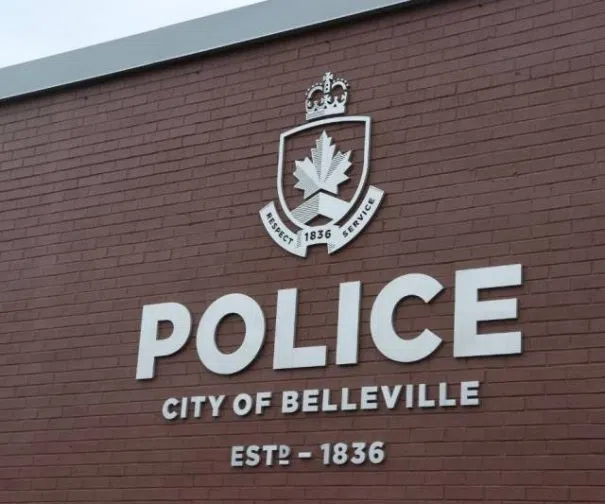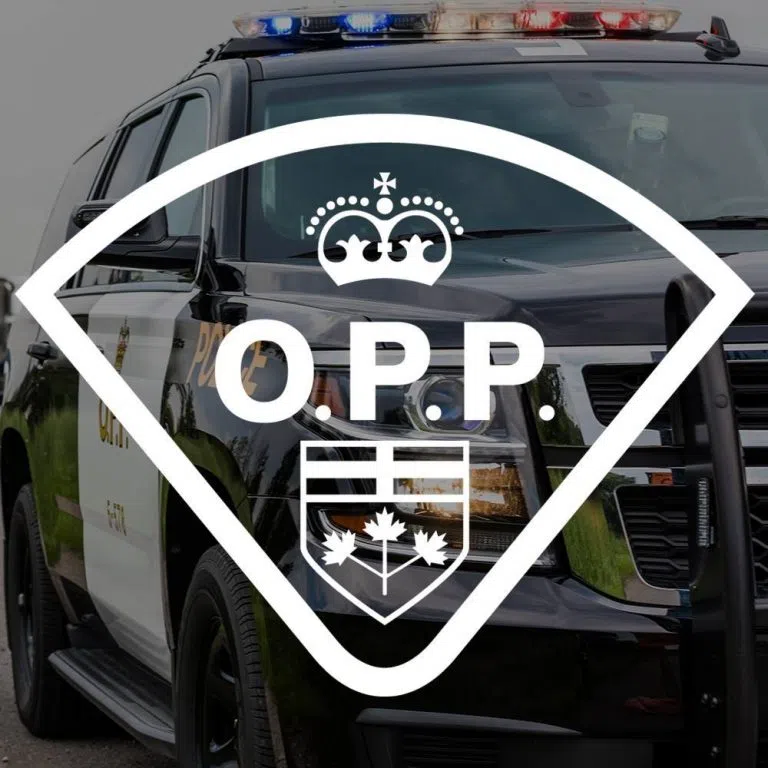
The biggest choices sometimes have the largest of consequences, which may not be obvious for months, or even years.
The federal government struck a deal with Alberta to
work towards a pipeline to Canada’s West Coast, with Prime Minister Mark Carney and Alberta Premier Danielle Smith signing a memorandum of understanding in Calgary yesterday.
It’s a bold plan which would result in a major increase in our ability to ship Canadian oil overseas, but that pipeline is facing as many obstacles politically as it may geographically and structurally.
You see, right now there is a tanker ban in effect along the B.C. coastline, one that Premier David Eby wants kept intact for environmental reasons and because it’s important to maintain the support of Indigenous groups for billions of dollars in other projects.
Oh, and those same Indigenous groups say they weren’t consulted at all, and one leader said a pipeline through their land “would never happen”.
The fallout continued in Ottawa, as well, with Former culture minister Steven Guilbeault resigning from cabinet.
All of these issues were predicable, even the resignation (in my opinion), so the key question is now “what price will the government pay to get this pipeline built”.
The project is transformational and has significant economic benefit, but with provincial opposition, and concerns about environmental impact and a lack of consultation with Indigenous leadership, the true cost may be far higher than the price tag for construction.
I’m Paul Martin and that’s what I see looking Beyond the Headlines.


